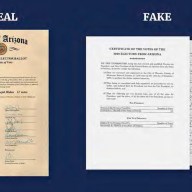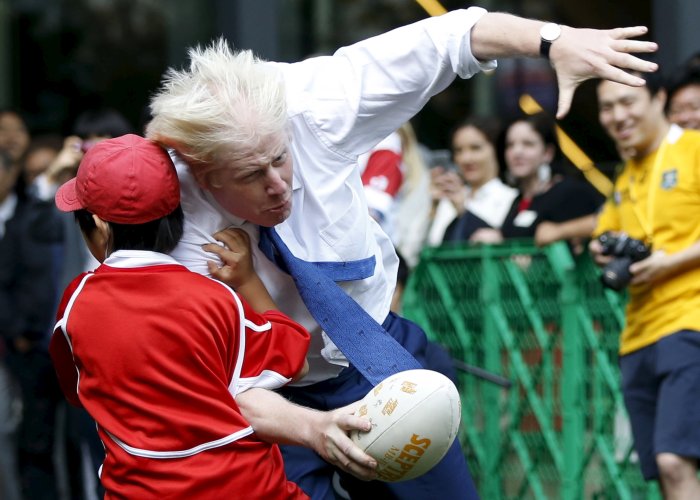LONDON (Reuters) – After months of grueling political perma-crisis, Brexit is taking its toll on the British political establishment – not least the small patch of grass opposite parliament that has become a makeshift home to the world’s media.
Parliamentary authorities have decreed that the media encampment – the source of thousands of Brexit despatches broadcast all over the globe – be temporarily dismantled next week to allow the downtrodden turf to be repaired.
An email sent to media outlets this week said urgent action was needed to re-turf and reseed damaged areas, preserve the grass in the less-damaged parts, and maintain flowerbeds.
Normally reserved for occasional major political events like general elections and budget announcements, the number of broadcasters based on the green has become a barometer of the state of the nation: The more cameras, the bigger the drama.
For the last few months the area has been packed
Inside parliament, Prime Minister Theresa May’s government teeters on the brink of collapse, Brexit has been delayed and the fate of the world’s fifth-largest economy rests in the hands of the 650 lawmakers elected to sit there.
Outside, TV channels have built elaborate two-tier studios, radio stations have bunkered down inside white tents and presenters speaking languages from Arabic to Italian have jockeyed for a camera shot with a backdrop of parliament.
All that has turned College Green – a normally grassy area less than the size of four tennis courts – into a piebald muddy patchwork in need of a break.
But with Brexit far from resolved and an insatiable appetite for news of the country’s biggest political crisis in more than 70 years, the respite will only be temporary.
Parliament, which owns the land, said the closure was expected to last seven days. After that, regular access will be allowed again “should the circumstances justify it.”
(Reporting by William James and Tom Scally; editing by Stephen Addison)


















